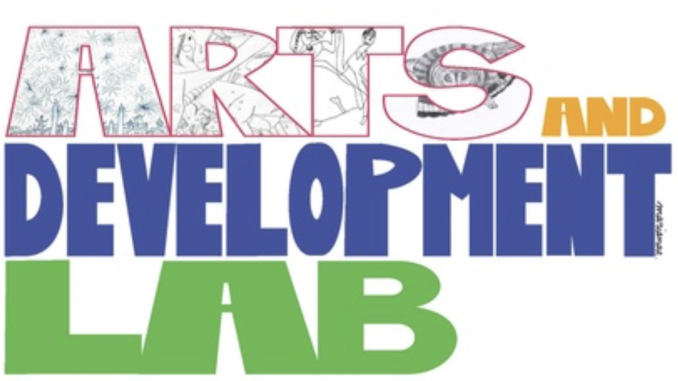
By Samia Afsar
Tucked away on the fourth floor of James Hall is a lab room dedicated to the psychology of the arts, where a team of investigators are conducting research and working to answer what the benefits of making art are.
The Arts and Development lab, run by Professor Jennifer Drake from the Psychology Department, focuses on two areas of research. One examines the emotional benefits of drawing in both children and adults, while the other line of research looks at giftedness and drawing, primarily in the youth.
“These are children who are able to draw super hyper realistically,” Drake told the Vanguard. “They’re considered gifted in the ability to draw, and so I look at the big skills that underlie their talent, whether that’s their IQs or their spatial skills or their personality traits, and with that work, I work with art students, […] and we kind of look at how they compare it to non-art students at Brooklyn College.”
As a part of their major, psychology students are to complete a particular number of research studies to graduate. In order to complete this requirement, Drake is actively recruiting psych and pre-med undergraduates, especially from her PSYC. 3400 class, to work alongside her in the arts and development lab. However, after two long years of COVID and a year-long sabbatical, the lab was forced to take a break. Drake expects to be working alongside undergraduate students sometime in the near future after the unexpected hiatus.
“I’m just starting to kind of re-up things in my lab,” said Drake.
Besides conducting research alongside undergraduates at BC, Drake also works with individuals outside of the BC community in other parts of Brooklyn, and with art students at the Pratt Institute.
“In terms of children, I’ve also worked with kids at the Brooklyn Children’s Museum and at the Met,” said Drake. “I’ve also worked with summer camps […] and then some of what we call drawing prodigies. They’re actually all over the world. So I work with them over Zoom and things like that.”
Although COVID brought about some unexpected changes and interruptions, the pandemic proved to be fruitful for Drake’s research. During spring 2020, Drake began to research arts engagement at the beginning of the pandemic and how individuals gravitated towards the arts to cope with the stress and manage their negative emotions during the lockdown. In conducting this research, Drake sent out a series of questionnaires nationally, asking these individuals how they turn to the arts to regulate their emotions.
“Arts engagement actually increased during the beginning stages of the pandemic,” said Drake. “That particular paper I am really happy with or proud of, just because we showed in like kind of a naturalistic setting, and it was a situation where everyone was going through it, but the arts really were helping people to cope with it.”
As for the future of her lab, Drake, whose work has mainly consisted of exploring the benefits of making art, is now interested in researching the benefits of viewing art.
“We go to museums, and we go for a reason,” said Drake, noting that artists and their pieces have become more accessible online through digital collections and social media. “People often report these kinds of transformative experiences, […] and so I think I kind of see a shift of looking not only at the production of making art, but how it was their experience of viewing art and how that might be benefiting us.”
Due to a lack of pre-existing research, Drake will also be launching a new study soon where she will examine the past of her gifted drawers, answering questions related to their upbringing and early drawing experiences. The study will be conducted in the Arts and Development lab at BC, with hopes of gaining a better understanding of these prodigies.
